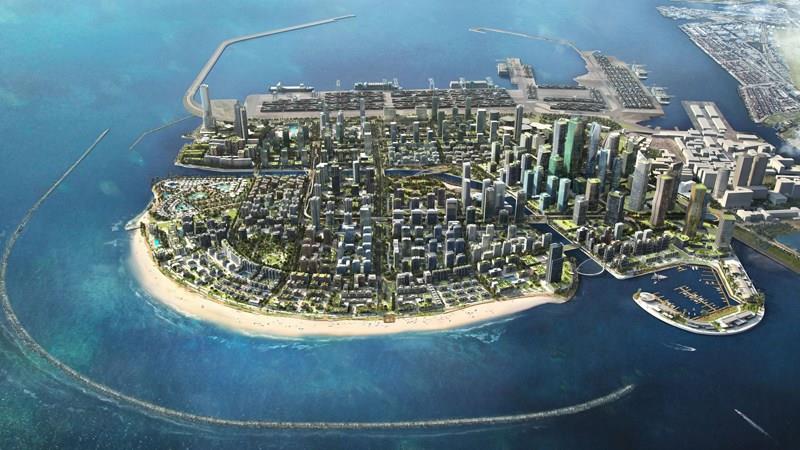July 05, 2020: Sri Lanka President Gotabaya Rajapaksa has appointed a five-member committee to examine and report on the concerns about the development of Jaya Container Terminal (JCT) and East Container Terminal (ECT) of the Colombo Port.
India’s East Container Terminal (ECT) project in Colombo is in trouble after it was put on hold by the Sri Lankan government, a year after a Memorandum of Cooperation (MoC) was signed by India, Japan and then Sirisena government in Sri Lanka to develop the project.
Sri Lanka President Gotabaya Rajapaksa on Friday appointed a five-member committee to examine and report on the concerns about the development of Jaya Container Terminal (JCT) and East Container Terminal (ECT) of the Colombo Port. The development came a day after Sri Lankan Prime Minister Mahinda Rajapaksa said “there is no final agreement” on the project.
Regarding the ECT project, the committee will look into the: “Financial implications and cost-benefit analysis of ad-hoc decisions taken by Sri Lanka Ports Authority, Line Ministry and the Government with regard to 1, 2 and 3 above; Identify those who are responsible for the above and recommend actions against them; Recommend the way forward to develop the above mentioned two terminals to get the maximum benefits for Sri Lanka for the development in Trade, Shipping and both in domestic and foreign investments,” the press release issued by the Sri Lankan government stated.
While the decision was aimed at earning political brownie points ahead of the parliamentary elections in Sri Lanka, many believe it is the Chinese influence among those who are opposing the project.
This comes at a time when there have been strikes and protests against the ECT project.
While there has been some consternation’s about the three gantry cranes and whether they should be placed at the Jaya Container Terminal or the Eastern Terminal of the Colombo Port, the bigger cry has also been about not giving the projects to foreign nations.
Many political groups and activist groups object to the foreign role in national assets, including Janatha Vimukthi Peramuna, a leftist opposition party that has voiced strong opposition to Indian involvement in such projects where the operations would be shared with a foreign country.
Interestingly, while the Indian and American projects like the proposed Millennium Challenge Corporation (MCC) agreement have been stalled, Chinese port projects like Hambantota despite objections have been given a go-ahead.
A four-member committee on Friday concluded that the MCC project was “harmful” to Sri Lanka.
Addressing the media, the committee led by Lalithasiri Gunaruwan, Professor of Economics at the University of Colombo, said the committee has advised President Gotabaya Rajapaksa not to sign the MCC agreement in its current form. Lalithasiri Gunaruwan said if the “harmful conditions” in the agreement are removed then Sri Lanka can consider a fresh agreement.
“We concluded the proposed compact agreement if signed by Sri Lanka will be harmful to the country. We propose the agreement be put before Parliament and then sign if required,” he said.
But, in December 2019, despite the Rajapaksas promising to renegotiate the Hambantota Port deal with the Chinese, President Gotabaya Rajapaksa decided against it.
The President had said that the Hambantota Port deal will not be renegotiated as it is a commercial contract.
However, he said is important that the security aspects pertaining to the agreement are analyzed.
“It is important that the Sri Lanka government has the control of all security aspects just as with the other ports in terms of the ships that enter the port and matters concerning the border controls,” the President’s office quoted Rajapaksa as saying.
While India, Japan, and the United States will have to renegotiate and engage the current dispensation in Colombo, it seems like Beijing still has a firm hold on the island nation.
Source: India Today








